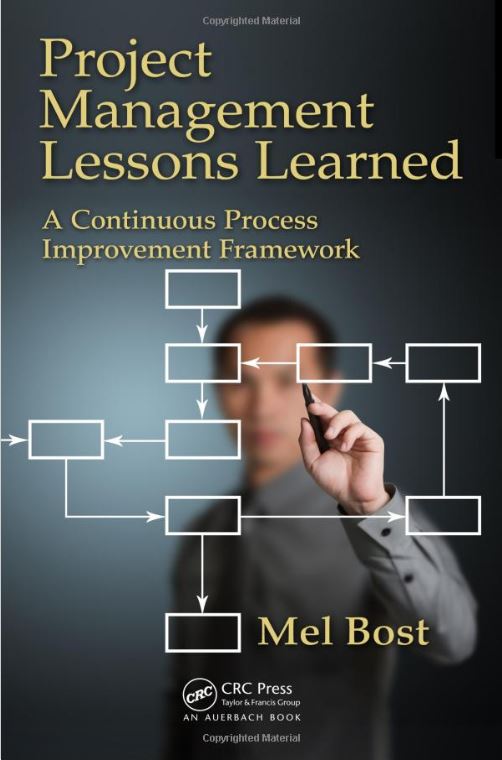I once worked for a Manager in a Project Office for a major corporation who assigned various responsibilities to his project staff members so that our group objectives of being the benchmark organization for both project management and process management could be assured on an ongoing basis.
As an organization, we had just moved into a new building. At that time, conference rooms were not installed with modern video and acoustic equipment to facilitate conferences or presentations. The audio visual equipment was maintained by the HR Administration Group, and every time we needed to hold a meeting, a staff member would need to call HR Administration and reserve the appropriate equipment for the conference room. On the date and time for the meeting, the staff member was responsible for securing the equipment from HR, and setting it up in the conference room. At the conclusion, the reverse order was followed. Ultimately, what this meant was that a staff member could never be sure whether the equipment were, in fact, on hand when needed, and often last minute changes occurred to accommodate missing equipment.
As you might have guessed, my Manager assigned me as the AV Coordinator for our group. My first reaction upon hearing about this assignment was to be “miffed” that I would have to handle this assignment, along with my usual roles as Project Manager, Standards Developer, Benchmark Specialist, and Process Authority. What did I do to deserve this lowly assignment?
If you are familiar with Herb Cohen’s  stories about negotiations, you will recall a story he told once about his wife actually buying a home on the North Shore in Chicago by getting all the stakeholders around her to agree that it was a good idea. Herb described himself as the “technical titular leader” of the household in making such decisions, and in negotiating the terms, but his wife had actually taken a lesson from his book, and surrounded him with the ultimate stakeholders who would ratify the decision. He was rendered no longer the “technical titular leader.” Such is the way I felt about my new AV Coordinator assignment.
stories about negotiations, you will recall a story he told once about his wife actually buying a home on the North Shore in Chicago by getting all the stakeholders around her to agree that it was a good idea. Herb described himself as the “technical titular leader” of the household in making such decisions, and in negotiating the terms, but his wife had actually taken a lesson from his book, and surrounded him with the ultimate stakeholders who would ratify the decision. He was rendered no longer the “technical titular leader.” Such is the way I felt about my new AV Coordinator assignment.
As I agonized with this assignment for the group for about a year, I began to develop some insights about what good AV equipment and installation should really be. I became an expert on “bulb” change-out, electrical failures, projection screen mishaps, and general “where to get it done in an emergency.”
To make a long story short, I actually began to appreciate the role. As our group’s needs expanded to be able to connect remotely with AV sources, and to enhance the effectiveness of our presentations, I began to realize that this AV competency was just as important as the project management methodology I had been wrestling with as I interfaced with our major corporate consulting organization.
Over time, I began to realize what an important role the AV Coordinator role was to the Project Office, and to the corporation. It was the “entranceway for knowledge to flow into our groups and into our heads.” Well, maybe not exactly, but you know what I mean.
The message here ought to be very clear indeed—it’s the little things that make up the larger competencies and capabilities that are so important to overall success of a role or a career. Often the messages that dominate the little things are the same messages that dominate the actions and decisions of an individual or of a group. But it’s often hard to see for yourself by looking at it through your own eyes. Getting out of your own body, it would be so easy to see how every little thing you learn contributes to your being able to do almost anything in life. Keep this in mind the next time someone asks you take on an assignment that you think is beneath your standing, or is not worthy of what you aspire to be. You may learn just what you don’t know that will lead you and others around you to success.

Leave a Reply